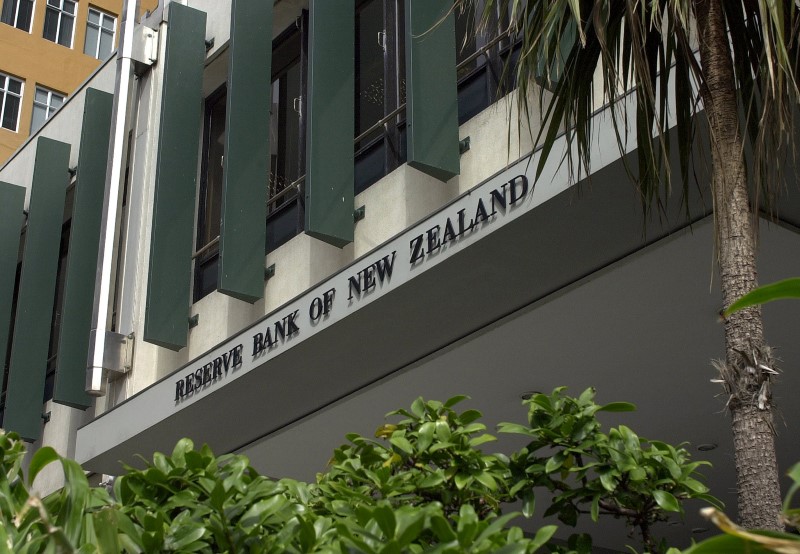* RBNZ Governor Wheeler to step down in Sept after 5-year term
* Deputy gov to serve six-month term during search for replacement
* Change may lead to more flexible inflation targeting - economist (Adds analyst comments, background details, updates market reaction)
By Charlotte Greenfield
WELLINGTON, Feb 7 (Reuters) - New Zealand's central bank Governor Graeme Wheeler will not be seeking a second term when his current stint ends in September, three days after a general election and as global risk mount for the trade-dependent economy.
Economists say a new chief at the Reserve Bank of New Zealand (RBNZ) opens the possibility the central bank could move to a more flexible approach on how inflation will guide its future monetary policy decisions.
Appointed in 2012, Wheeler's tenure has been marked by a strict adherence to the RBNZ's inflation measures as he steered an economy performing better than its developed peers after it emerged from recession in the wake of the global financial crisis. His five-year term ends on Sept. 26.
The RBNZ will begin the process to pick a successor later in the year and Grant Spencer, deputy governor and head of financial stability, will serve a six-month term as acting governor while the search is conducted.
"It was my intention, when I was appointed, to serve one term, and then to take on governance roles," Wheeler said in a statement.
New Zealand's sky-rocketing house prices combined with low headline inflation had put the central bank in a bind during Wheeler's term.
The governor, a former World Bank official, had cut rates to record lows to boost price growth, but this also stoked the property market and raised financial stability concerns.
"It did raise a lot of discussion about the appropriateness of solely focusing on the inflation target," said Christina Leung, economist at think tank the New Zealand Institute of Economic Research.
Inflation has lingered outside of the bank's target range of 1 to 3 percent for the past two years, before finally making it back to 1.3 percent in the fourth quarter. new governor will sign an agreement with the finance minister over the central bank's policy targets. While economists thought it unlikely the target would be completely reworked, it was possible a more flexible approach would be taken.
"The scope could be broadened in terms of inflation measures that the bank takes its cues from," Leung said.
Wheeler's focus was largely on the consumer price index, which remained tepid and excluded surging house price inflation.
The next governor will likely inherit a challenging economic environment as New Zealand's growth races ahead on increased migration and tourism, while the global outlook remains volatile.
Kiwibank said on Tuesday that "international risks remain elevated creating a large amount of uncertainty."
"These hazards include how fiscal policy plays out in the U.S.," Kiwibank said in a note.
The long time frame before a new governor is appointed makes it hard to predict possible successors, economists said. Spencer, who had served as deputy governor since 2007, had been planning to retire this year, but agreed to defer that for his temporary term.
The New Zealand dollar NZD=D4 slipped to $0.7307 from around $0.7318 after the announcement. It quickly rebounded and then shot up to a 12-week high of $0.7369 after the RBNZ released a survey showing inflation expectations had jumped. RBNZ meets on Thursday when the central bank is widely expected to keep rates on hold at 1.75 percent.
